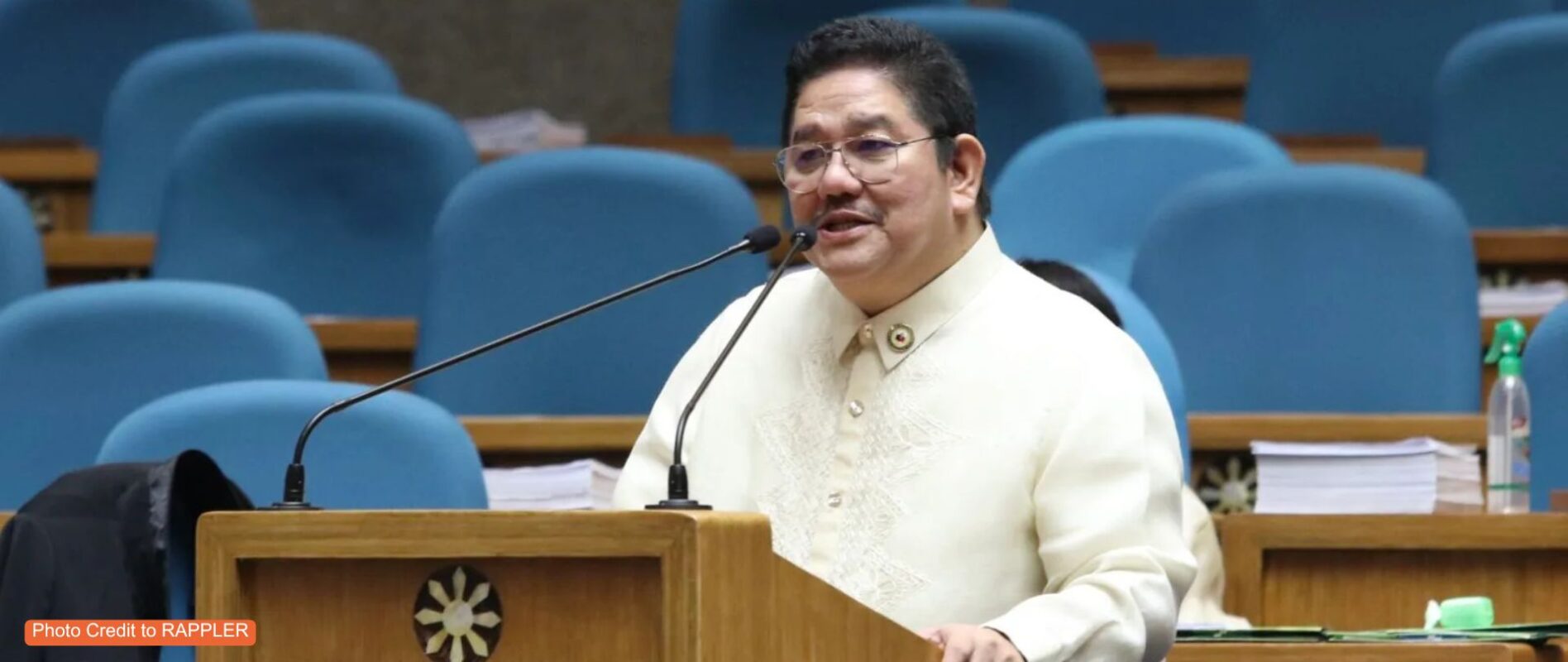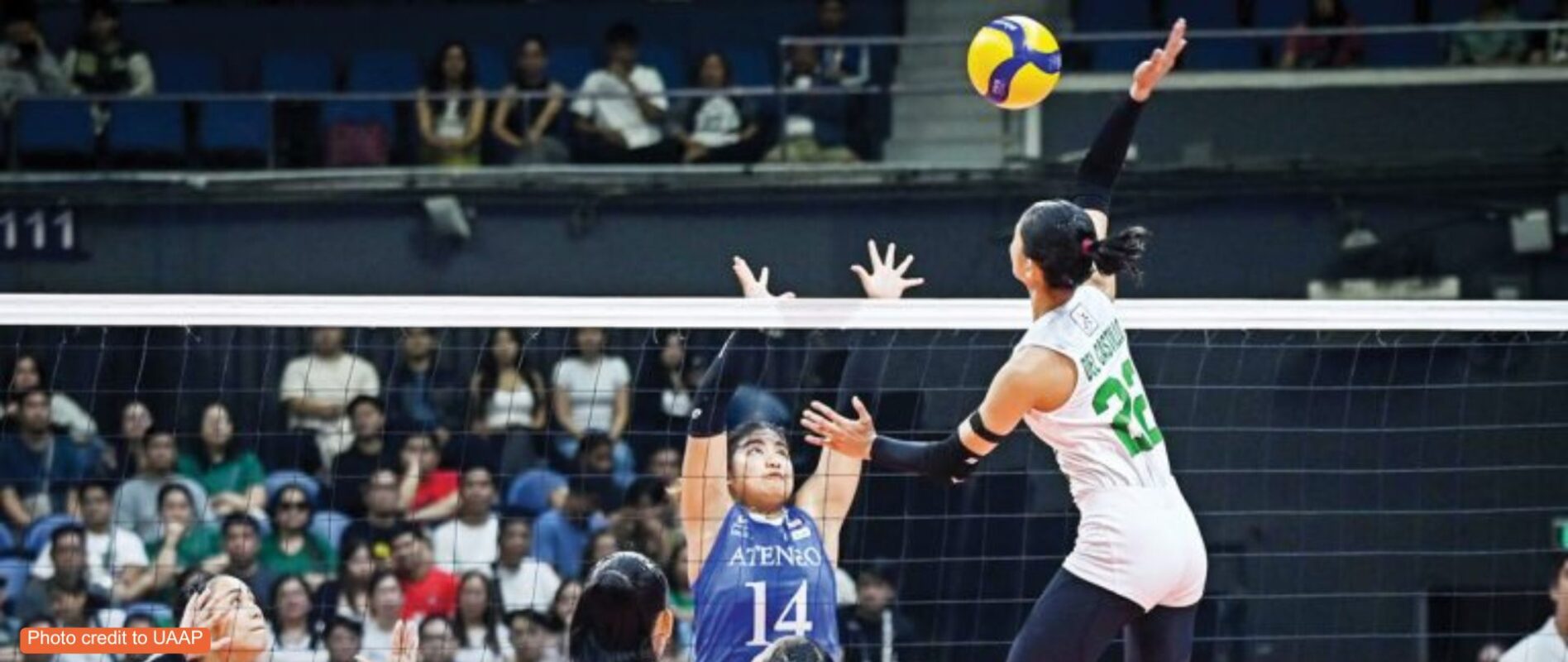DEPED ASKED TO SCRAP OLD EVALUATION SYSTEM
A MILITANT teachers’ group has pressed the Department of Education to release the guidelines for an evaluation and grading system that corresponds with education’s objective of ensuring learners are ‘well-equipped to understand, respond to, and contribute to society.’
The Alliance of Concerned Teachers urged the agency to do away with ‘old, stringent’ metrics and opt for a ‘humane’ and ‘flexible’ one as the education sector navigates drastic changes in teaching and learning.
“Among the concerns raised by parents and teachers alike had to do with DepEd’s use of the old evaluation system for BE-LCP—performances and written outputs each compose 40 percent while the last 20 percent goes to exams. These were challenging to begin with pre-pandemic, now these will be impossible to meet with remote learning and will only be another burden to grappling families, while completely missing the aim of education,” said Raymond Basilio, the group’s secretary general.
Basilio explained that class performance is usually measured through reports, group presentations, and participation during discussions.
He added that these obviously will not be applicable to distance learning, particularly the most preferred modular system and the TV/radio-based instruction modalities where teacher-student interaction is limited to clarificatory Q&As and the exchange of old and new modules.
“Even in online distance learning, presentations and, say, recitations will be hard to pull off given connectivity and tech limitations. Not to mention that less privileged students opting for this modality will be at a serious disadvantage,” Basilio said.
Meanwhile, written output in the form of quizzes, tests, and assignment, and exams made up of periodic tests from DepEd division offices are standardized forms that the group argues ‘may not work’ under the use of varied modalities and the ‘stark inequities’ worsened and highlighted by the pandemic.
“To add, DepEd guidelines state that periodical tests should be administered in school as much as possible, with observance of health protocols. However, the uncontained pandemic and lack of preventive safety measures render this impermissible and risky,” Basilio noted.
The group said a numeric grading system will be ‘unfair’ to students given the multiple hurdles to quality learning, namely the limited input from the government, limitations inherent to remote modalities offered by DepEd, and the various strains imposed by the health and economic crises.
“As such, we recommend a ‘pass or fail’ mechanism for evaluation that rely more on the students’ ability to exhibit and apply lessons to productive tasks at home and in their communities. This, to us, is more in keeping with education’s objective of arming our youth amid the crises, instead of alienating them from their surroundings and adding unnecessary pressure onto their lives,” Basilio said.
He added that the education department “must urgently release the guidelines for such, and should not be treated as an afterthought similar to what occurred prior to the second postponement.”














